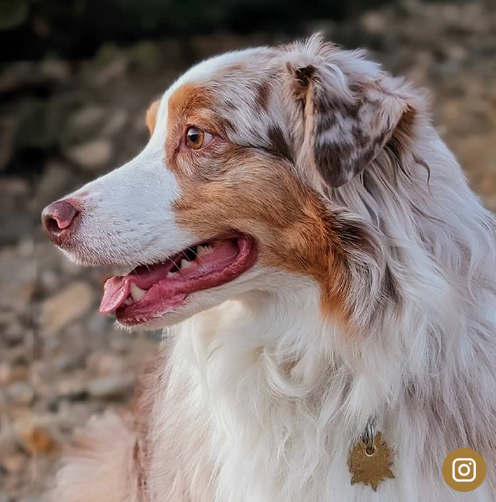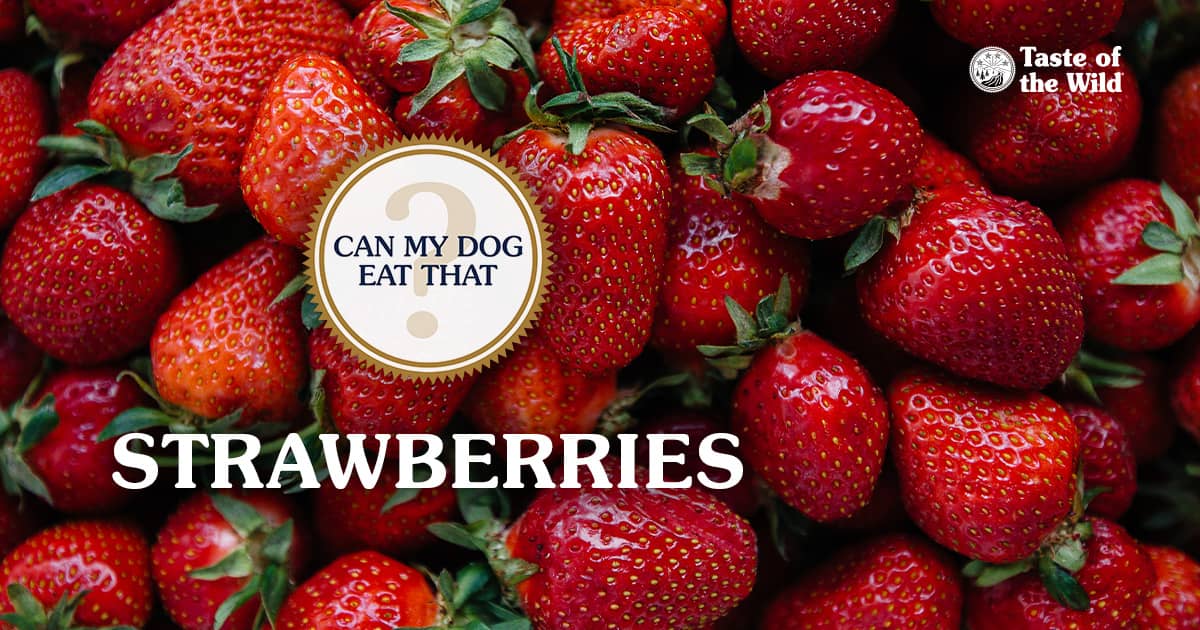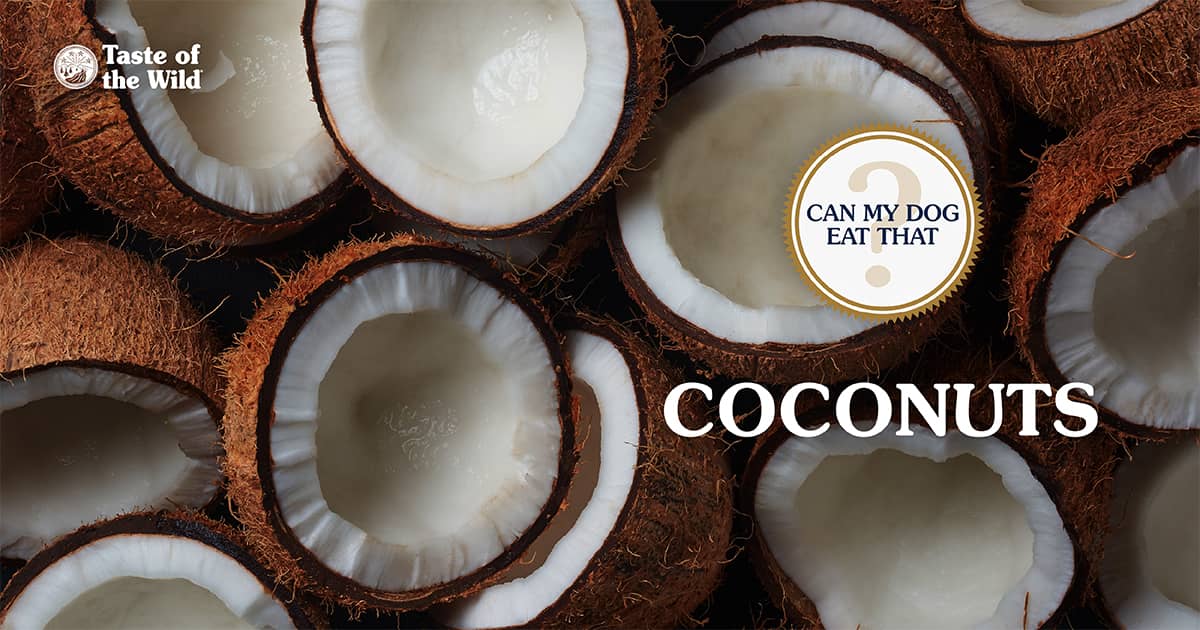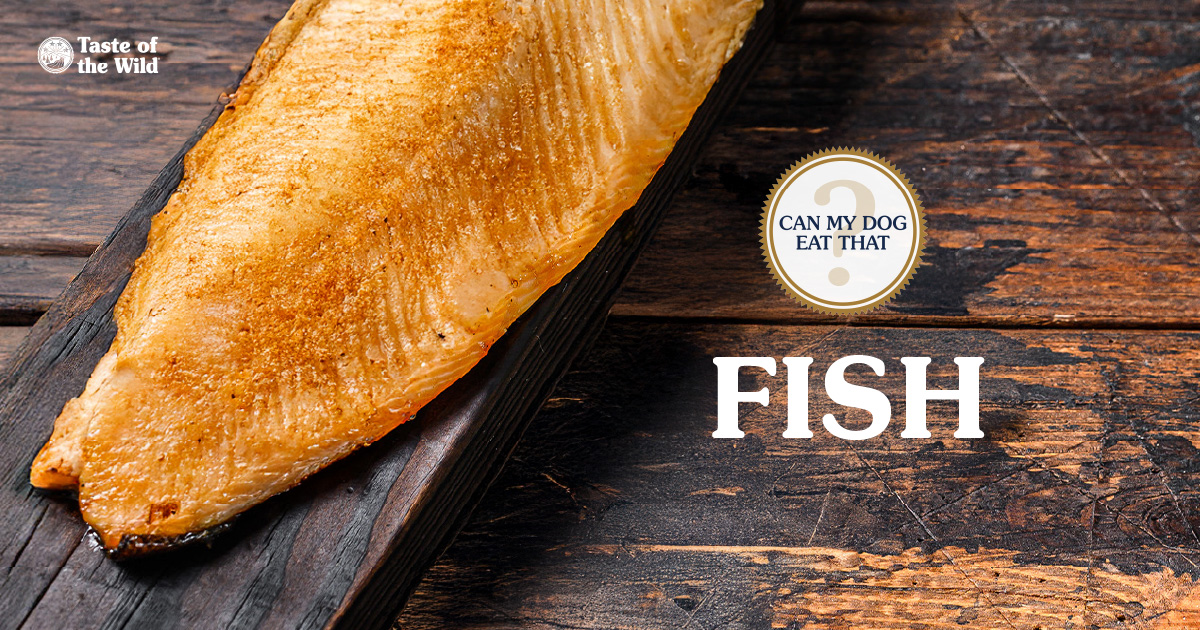Can My Dog Eat That? Nuts
Tuesday, January 30, 2024 | Can My Dog Eat That

Welcome to “Can My Dog Eat That?,” our series that answers some obvious (and not-so-obvious) questions about what your dog can and can’t safely eat. You can view some of the previous foods we’ve looked at in our “Can my dog eat that?” guide. Today we answer the question “Can dogs eat nuts?” Read on!
Not All Nuts Are Toxic to Dogs, But They’re Not Healthy Either
If you’re snacking on some nuts, you might think, “What’s the harm in tossing one or two nuts to my furry friend” (who’s over there drooling and giving you sad puppy dog eyes). Well, there are a few types of nuts that could harm your dog. The general rule is that you should avoid giving your dog nuts as a special treat, because even if they’re not toxic, nuts are not healthy for dogs. Other crunchy snacks are a better alternative, like popcorn that has been air-fried with no toppings.
Are Nuts Bad for Dogs?
If we put nut toxicity aside for a minute, one of the main problems with nuts is that, like coconut, most have a high fat content and are loaded with calories. If your dog is overweight or obese — or even if they’re not — a high-fat, calorie-dense treat like nuts is not a great idea.
Additionally, if your dog consumes a large serving of nuts in one sitting, they could develop pancreatitis, which is commonly triggered by a sudden increase in fat in a dog’s diet. Many nuts are also coated in salt, and too much salt (sodium) is unhealthy for dogs.
Certain nuts pose choking hazards for dogs, especially for small dogs. Notorious for scarfing down food instead of chewing it carefully, dogs can choke on nuts if they swallow them whole or in large pieces. Nut husks or shells and some of the nuts themselves can be hard to digest and could cause an intestinal blockage or damage to the intestine, which could require surgery.
Will Nuts Make My Dog Sick?
There are a few reasons why most nuts can make dogs sick. The coating or seasoning used on nuts may be toxic, for example, chocolate or garlic or onion seasoning. Some nuts themselves (e.g., macadamia nuts) are toxic to dogs, and should never be fed to your dog. Additionally, any nut that is moldy is not safe for dogs to eat. Mold can produce toxins (mycotoxins) that can make dogs sick, including vomiting, tremors and seizures.
Which Nuts Are Safe for Dogs to Eat?
There are some nuts which are not toxic and don’t pose choking hazards; however, any type of nut fed in large amounts is not healthy for dogs. So if you’re feeding your dog any of the nuts which are considered “safe” for dogs (e.g., cashews or peanuts), make sure it’s only in small amounts.
Can Dogs Eat Acorns?
No. As well as being a choking hazard, acorns contain tannins which can cause vomiting and diarrhea.
Can Dogs Eat Almonds?
No. Almonds are a choking hazard, especially for small dogs. Almond nut butters are safe in small quantities as long as they don’t contain the artificial sweetener xylitol.
Can Dogs Eat Brazil Nuts?
No. Brazil nuts are not toxic, but they do have one of the highest fat contents and are difficult for dogs to digest.
Can Dogs Eat Cashews?
Cashews that are roasted (not raw cashews) are safe for dogs in very small quantities. They can be a choking hazard, though.
Can Dogs Eat Macadamia Nuts?
No, do not feed macadamia nuts to your dog as they are very toxic to dogs. They produce gastrointestinal and neurological signs in dogs that include lethargy, vomiting, fever, loss of coordination, muscle weakness and tremors. If your dog eats macadamia nuts, contact your veterinarian immediately.
Can Dogs Eat Peanuts?
Unsalted peanuts are safe in small quantities as long as they’re not seasoned. Many dogs eat peanut butter which is safe in small amounts as long as you purchase peanut butter brands that don’t contain the artificial sweetener xylitol. As much as dogs love it, too much peanut butter isn’t healthy for dogs, either.
Can Dogs Eat Pecans?
No. Pecans are not toxic, but they are at risk of mold and mycotoxin production and could cause an intestinal blockage.
Can Dogs Eat Pistachios?
No. Pistachios are not toxic to dogs, but they are potential choking hazards, are difficult to digest and could cause an intestinal blockage. Pistachios are also susceptible to mold, which can result in poisoning from mycotoxins produced by the mold.
Can Dogs Eat Walnuts?
It depends on whether they’re English or black walnuts. English walnuts, commonly used for cooking, are generally safe in small amounts. Black walnuts, however, contain the chemical juglone, which can cause an upset stomach. Walnuts are also susceptible to mycotoxin-producing mold which is harmful to dogs.
Can Dogs Eat Trail Mix?
Other than nuts, many trail mixes contain ingredients that are toxic to dogs, like chocolate and raisins. So avoid sharing your trail mix with your dog.
My Dog Ate Nuts. What Should I Do?
If your dog ate toxic nuts, moldy nuts or too many nuts of any type, contact your veterinarian or an after-hours emergency clinic. You could also call an animal poison control center, ASPCA Animal Poison Control Center (1-888-426-4435) or Pet Poison Helpline (1-855-764-7661).
Can Dogs Eat Nuts? It Depends!
There’s not a clear answer to “Can my dog eat nuts?” It depends on the type of nut, the amount eaten and the condition of the nut (e.g., moldy walnuts). But there are certainly much healthier treats for dogs to eat which have fewer calories and a lower fat content.

The information in this blog has been developed with our veterinarian and is designed to help educate pet parents. If you have questions or concerns about your pet’s health or nutrition, please talk with your veterinarian.




